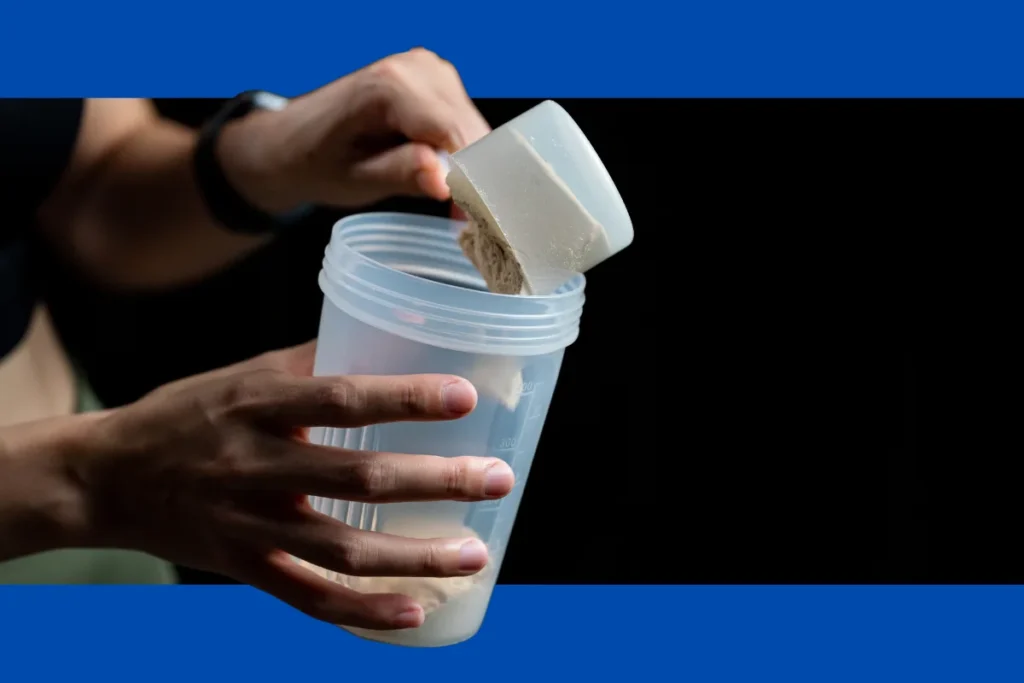Creatine monohydrate is one of the most popular and well-researched supplements used globally for enhancing athletic performance and increasing muscle mass. But beyond its widespread use in sports, creatine has garnered attention for its potential therapeutic effects, including improving glucose metabolism and supporting cognitive function, especially in older adults. In this article, we’ll explore the benefits, safety concerns, and common myths surrounding creatine supplementation, while emphasizing the importance of professional guidance before use, particularly for those with pre-existing health conditions.
Muscle as a Key Organ for Health
It has recently been discovered that muscle mass is an endocrine organ that produces hormones and substances called myokines, which significantly impact health. These substances can be more effective than medications like metformin, sartans, Alzheimer’s pills, and drugs for reducing blood glucose or lipids.
For this reason, it’s concerning that individuals over 50 are only recommended walking as physical activity. After this age, the body experiences sarcopenia, a progressive loss of muscle mass. Less muscle means more insulin resistance, increased need for blood pressure medications, and greater difficulty in reducing cholesterol and triglycerides. Few doctors recommend hypertrophy exercises, despite their importance at all stages of life, especially after the age of 50 or 60.
Muscle plays key roles in the body: it sends substances to the liver to help eliminate fat, to the pancreas to improve insulin production, and to muscle tissue itself to capture more glucose and generate energy. Additionally, it prevents osteoporosis and helps regulate blood pressure through the production of nitric oxide, which dilates arteries.
What is Monohydrate Creatine and How Does It Work?
Many people ask about monohydrate creatine. It is a supplement that helps increase muscle mass when combined with resistance exercises. It is not a miracle supplement: without training, muscle doesn’t grow. However, it is safe for older adults and may have benefits for memory and cognitive function.
Studies suggest that creatine could improve glucose metabolism in healthy individuals and those with insulin resistance, such as type 2 diabetes patients. It has been shown to stimulate insulin secretion in cell cultures, improve muscle glycogen storage, and reduce hyperglycemia in animal models. The combination of creatine and exercise could amplify these effects by increasing the translocation of the GLUT-4 glucose transporter to the muscle cell membrane.
For more scientific information, you can refer to the following articles:
- Study on creatine and glucose metabolism
This study explores how monohydrate creatine, combined with resistance training, can improve insulin sensitivity and glucose metabolism. The results suggest that creatine supplementation could benefit individuals with type 2 diabetes and those with insulin resistance. - Study on the safety of creatine
This article addresses concerns about the safety of creatine, particularly its effects on liver and kidney function. The review concludes that, in healthy individuals, creatine does not negatively impact these organs, though caution is advised for those with pre-existing kidney conditions or related health issues.
Is Monohydrate Creatine Safe?
Some media outlets have spread false information about supposed adverse effects of monohydrate creatine. However, evidence shows that it does not affect liver or kidney function in healthy individuals, even with prolonged supplementation. Caution is advised for those with pre-existing kidney disease, diabetes, or hypertension. In these cases, it may be recommended to assess kidney function before starting supplementation.
Important Precautions:
- Proper dosage: The recommended dose is 3-5 grams per day of creatine monohydrate, preferably after exercise.
- Hydration: Staying well-hydrated during supplementation is essential to avoid potential adverse effects.
- Pre-existing conditions: Individuals with kidney disease, diabetes, hypertension, or kidney filtration issues should take caution before starting supplementation.
Before taking monohydrate creatine, always consult with a healthcare professional or nutritionist. They may recommend a test to ensure that it’s safe for you, especially if you have pre-existing health conditions.
It’s crucial to separate myths from facts. Monohydrate creatine does not cause cancer or kidney damage when taken in proper doses. It also does not raise blood pressure or blood glucose levels. Its main effect is enabling more intense and prolonged workouts, promoting muscle hypertrophy by aiding in the recovery of muscle fibers damaged during exercise.
How to Integrate Creatine into a Healthy Lifestyle
Maintaining muscle mass through strength exercises is essential for long-term health. It is recommended to perform resistance training at least four times a week, complementing it with walks twice a week and avoiding excessive cardio sessions. An approach focused solely on prolonged walking could lead to unnecessary muscle loss and greater dependence on medication in older age.
Before taking monohydrate creatine, consult with your doctor or nutritionist, especially if you have pre-existing health conditions. Also, ensure you stay well-hydrated to prevent any potential adverse effects.

